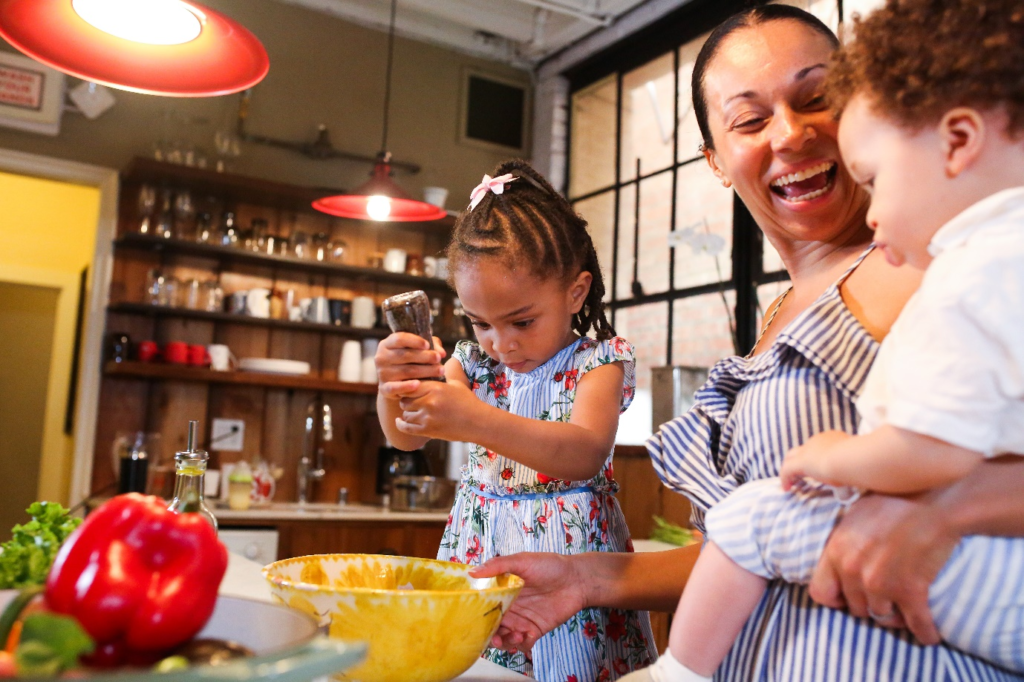From the moment they are born, infants are constantly absorbing information from their surroundings at home, school, and after-school care. Their innate curiosity drives them to observe and engage with the world around them.
This blog will explore the fascinating phenomenon known as the mirror effect, the influence of watching, and how observation plays a vital role in infant learning and development.
The Mirror Effect: What is it?
The mirror effect refers to the ability of infants to imitate or mimic the actions they observe in others. It is a fundamental aspect of social cognition closely tied to developing various cognitive and motor skills. When infants watch others, they are not passive bystanders but active participants in learning.
Active Observation and Social Learning
Infants can learn through watching, especially by watching the people closest to them, such as parents, siblings, or caregivers.
They keenly observe facial expressions, gestures, and movements and gradually begin to imitate them. Infants learn essential skills like language acquisition, motor coordination, and social interaction through this process.
Learning Language
Infants start developing their language skills by observing and imitating the sounds and gestures of those around them. They carefully watch the movements of their caregivers’ lips, facial expressions, and body language and attempt to reproduce them.
This observational learning forms the foundation of their language development, helping them acquire vocabulary, grammar, and conversational skills.

Motor Skills
Infants also learn motor skills by observing others. They learn to reach, grasp, crawl, walk, and perform other physical activities by watching and imitating.
When they see their caregivers picking up objects or walking, they try to replicate these actions themselves. This active observation and imitation contribute to developing their fine and gross motor skills.
Social Interaction
Watching others also helps infants understand social cues and norms. By observing how people interact, they learn the appropriate ways to engage and communicate with others.
They learn to smile, make eye contact, wave goodbye, and engage in turn-taking during conversations. Through observation, infants develop the foundation for social interaction and empathy.
Nurturing the Mirror Effect
As parents and caregivers, there are several ways to nurture and support the influence of watching in infants:
- Be a Positive Role Model: Infants constantly watch and imitate their caregivers. Displaying positive behaviors, such as kindness, empathy, and patience, can greatly influence their development.
- Engage in Face-to-Face Interaction: Frequent face-to-face interaction with infants is essential for cognitive and social development. Talking, singing, and playing with them while maintaining eye contact strengthens their observational skills and encourages imitation.
- Provide Safe and Stimulating Environments: Creating safe and stimulating infant environments can encourage exploration and observation. Offer age-appropriate toys, books, and opportunities for social interaction to enhance their learning through observation.
At Centerra Ranch Montessori School, we ensure your kids watch positive and nurturing behavior during the after-school care they reflect at home. We nurture those young minds to have growth mindsets regardless of age. Contact the best Montessori toddler schools in Fulshear, TX, today.



